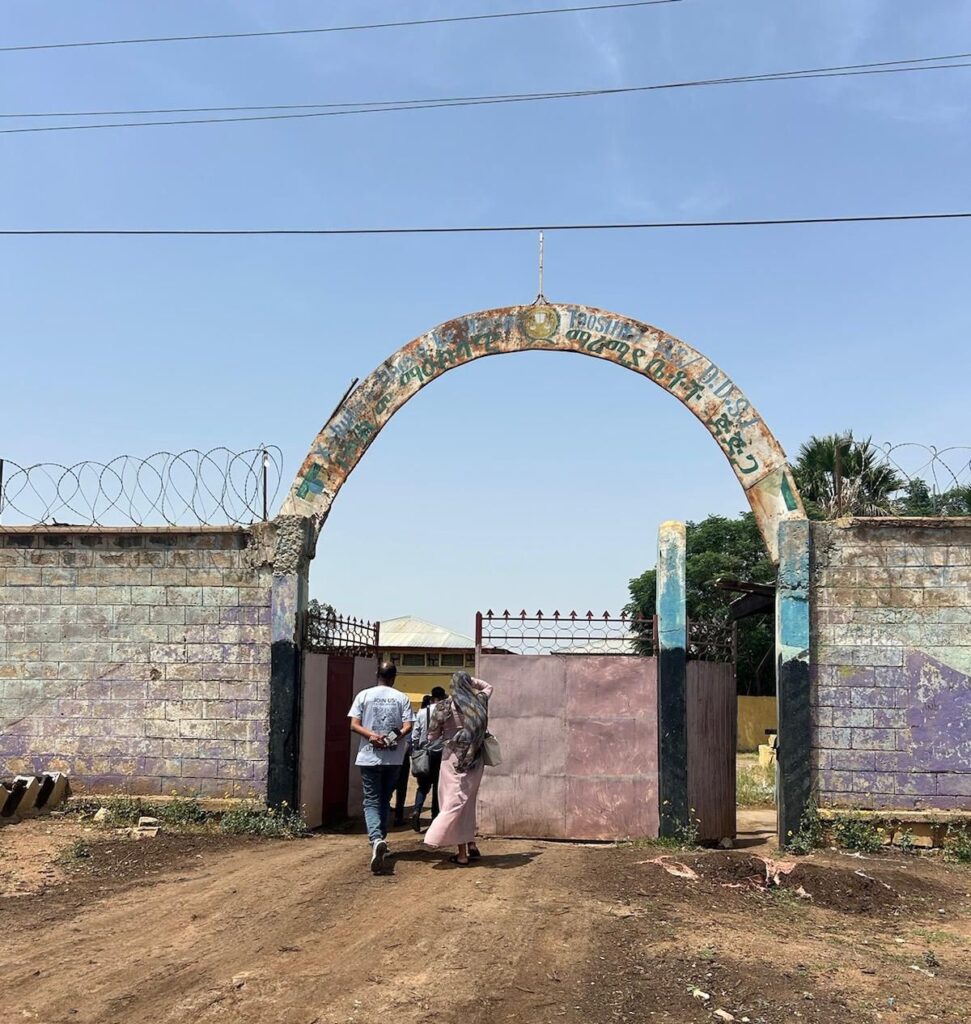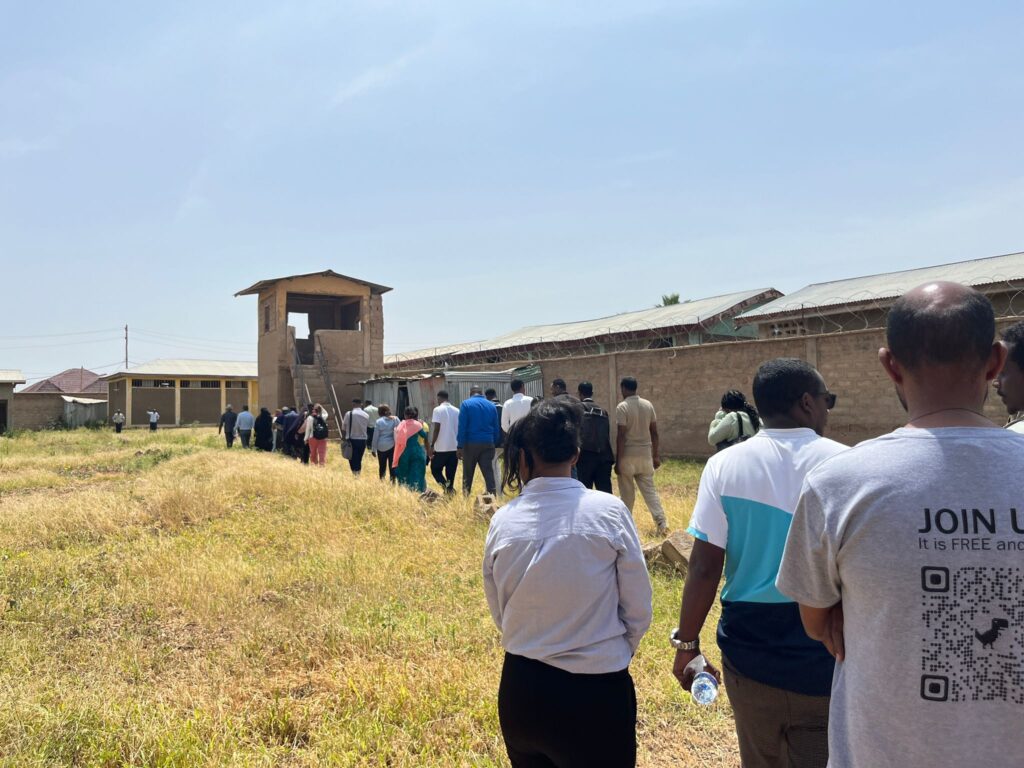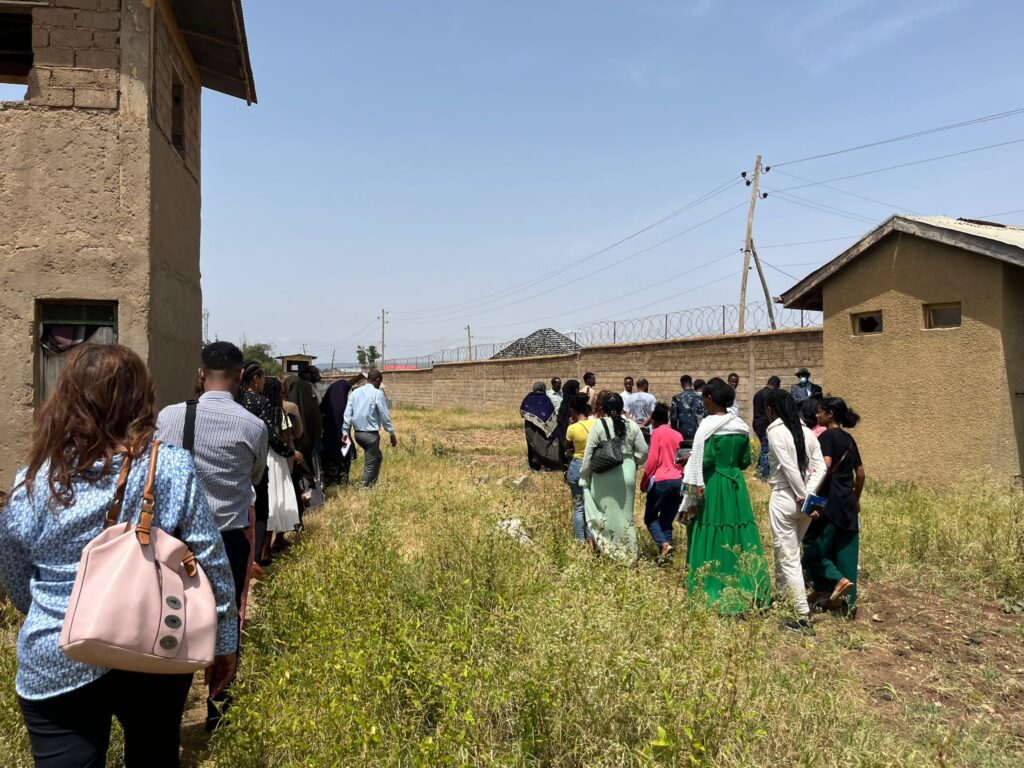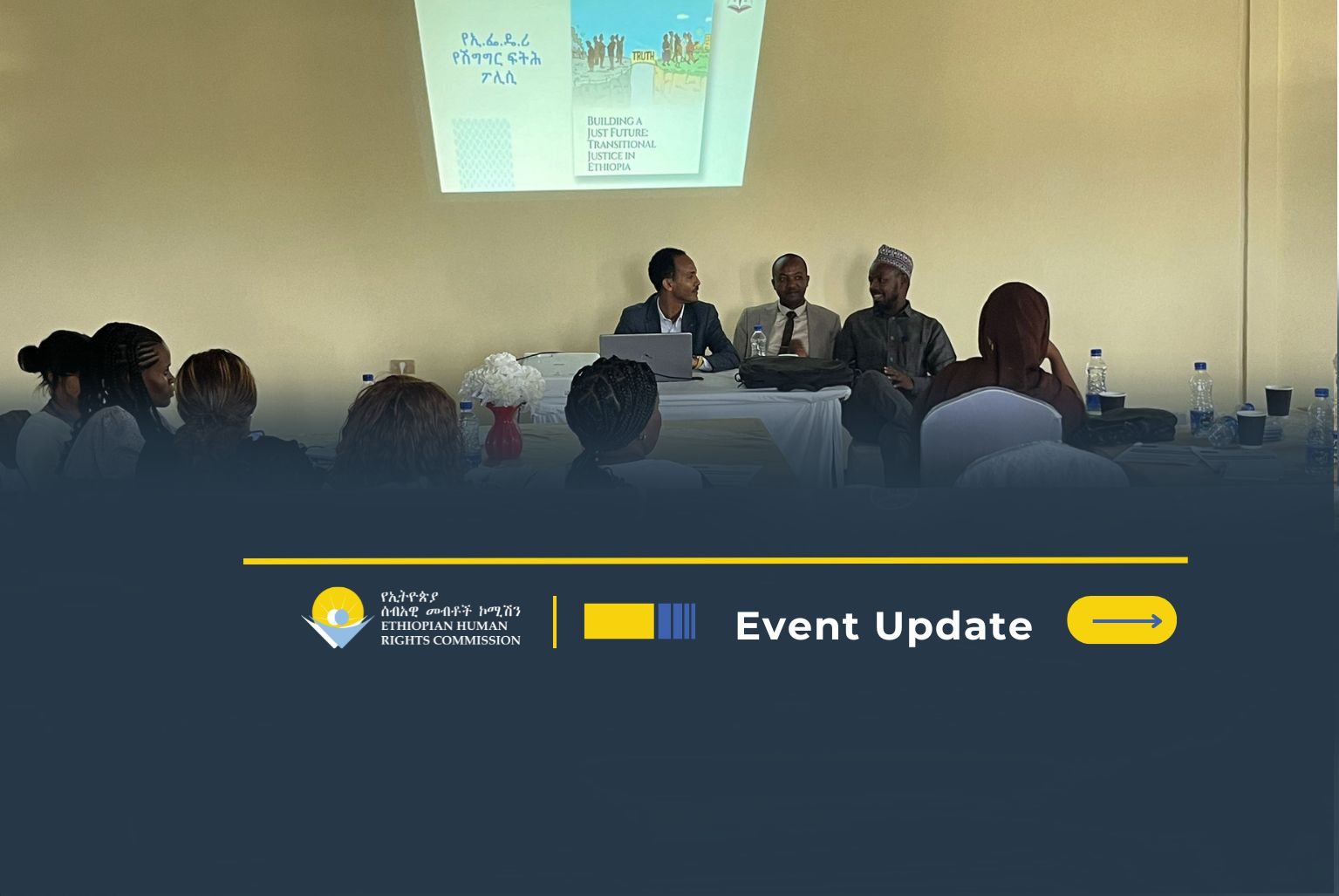The Ethiopian Human Rights Commission (EHRC) and the Office of the High Commissioner for Human Rights – East African Regional Office (OHCHR-EARO) organised an experience sharing visit for victims/survivors’ associations to Jigjiga Somali region, from June 25 -27,2024. The visit was part of the continuous capacity building initiatives by EHRC and OHCHR-EARO and followed two rounds of workshops with the associations in October 2023 and March 2024.

The overall objective of the experience-sharing visit was for the associations to gain first-hand knowledge and insight from victims/survivors’ associations and networks based in the Somali region which have been in operation for a longer period. The visit is also part of the continuous peer-to-peer knowledge and experience exchange among survivors’ associations to foster skills transfer, understanding and collaboration among the associations, and promote networking.

Participants visited Jail Ogaden as well as the offices of various victims’ associations in Jigjiga city, where members of the associations shared their experiences on providing social support to their communities and contributing to justice processes in their region and beyond. A meeting with the Commission for the Investigation of Violence, Reconciliation, and Reparation of Victims in the Somali region was also held, whereby the Commissioners presented their work, the role of victims in the process, and their engagement strategy with victims. The discussion with the Commissioners gave insight to participants on how the victims’ associations could participate in and contribute to the national Transitional Justice (TJ) process.

The visit also included sessions whereby participants shared updates on their key engagements since the workshop in March 2024, including awareness-raising initiatives and advocacy on TJ issues. Representatives from the Ministry of Justice made a presentation on the Ethiopian TJ Policy with a particular focus on the role of victims in the TJ process, which was followed by discussions on opportunities for joint initiatives on TJ including the possibility of establishing a national victim’s network.
Two pertinent TJ topics – reparations as well as gender and TJ – were discussed at length. The Network of Ethiopian Women’s Associations (NEWA) briefed participants on gender perspectives in TJ processes and shared NEWA’s efforts to assist other women’s associations in TJ.
